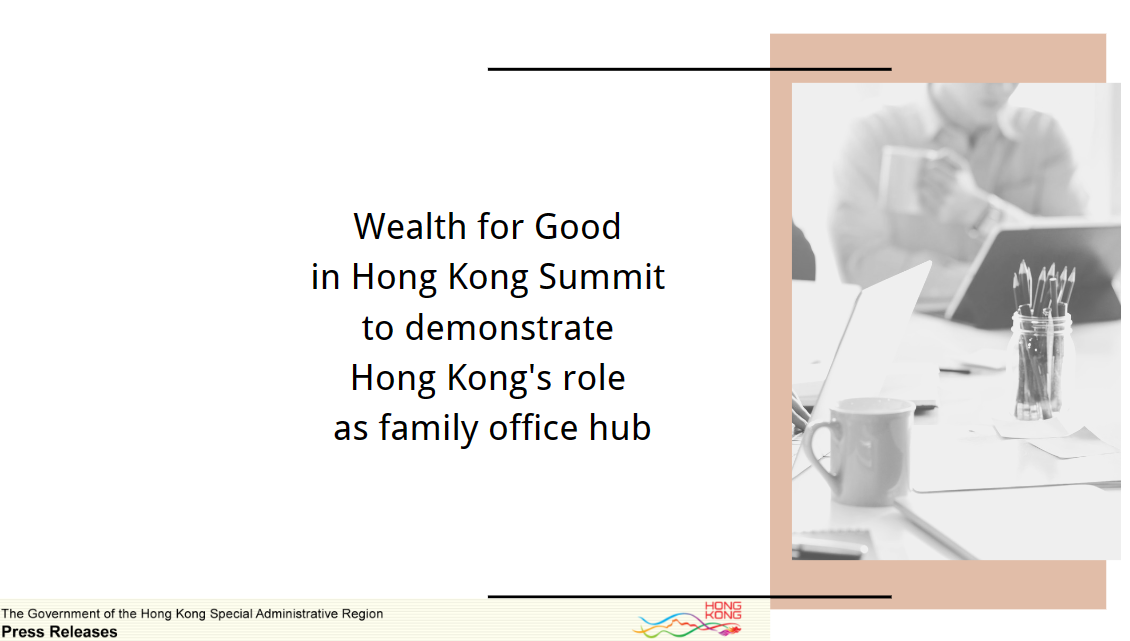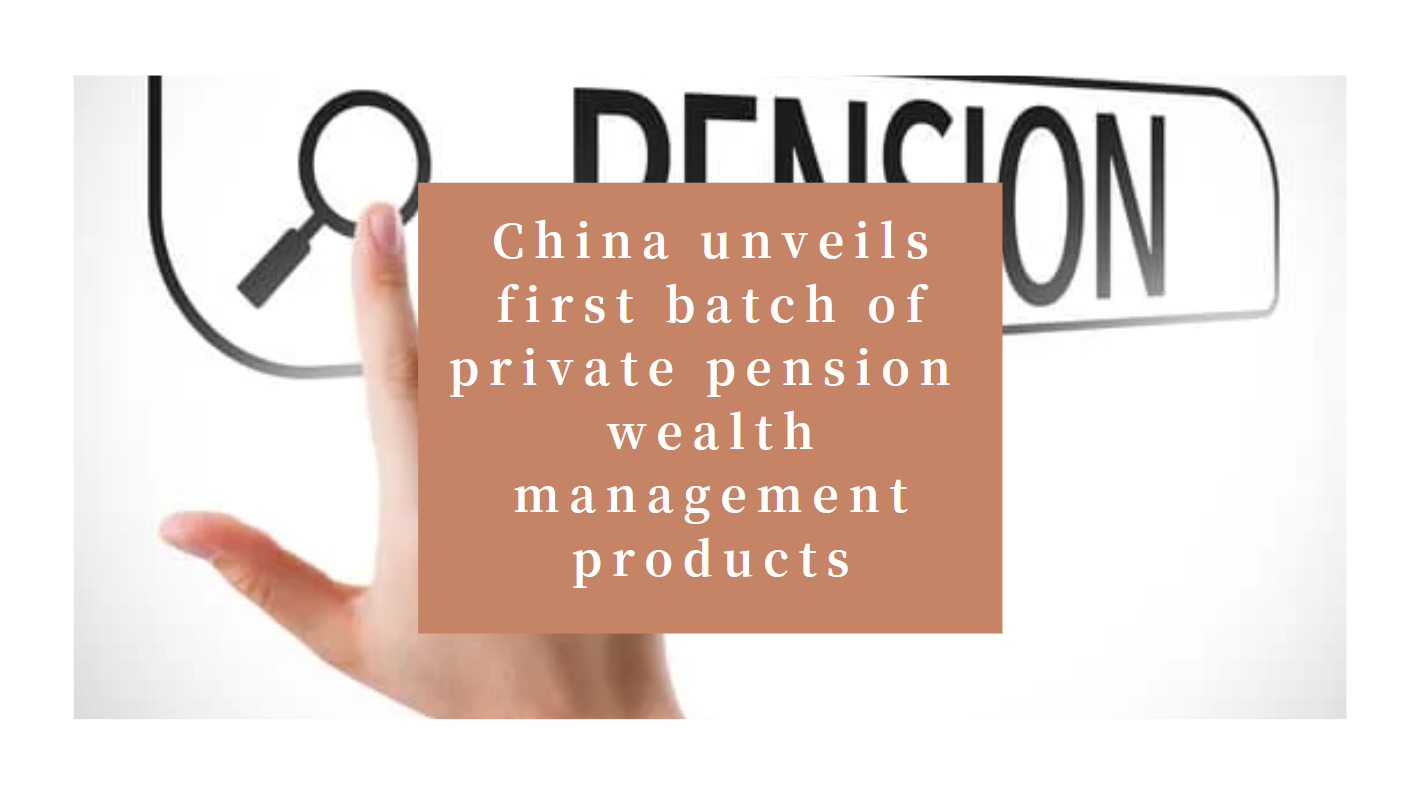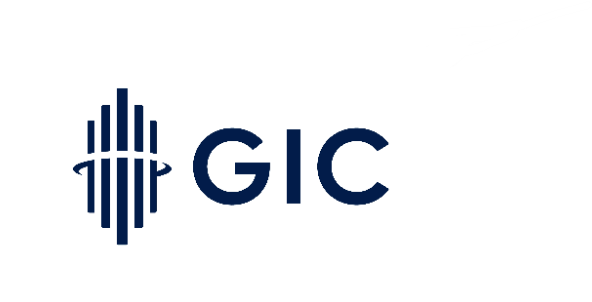Balanced Regulatory Approach for Asset and Wealth Management
During my recent trip to Switzerland for the meetings at the Bank for International Settlements, I also had interesting discussions with private banks and industry associations on market developments. Let me share my key takeaways.
People I talked to were really excited about the business opportunities and the latest initiatives announced by the Financial Secretary in the 2023-24 Budget to support the asset and wealth management sector, which contributes significantly to Hong Kong’s status as an international financial centre. These include tax incentives and promotional efforts to help attract more family offices to Hong Kong, professional training as well as refining regulatory arrangements for the sector. It is in the latter area that I will outline several actions that the HKMA has taken recently to support the sector.
As with all areas of banking business, we adopt a principle- and risk-based supervisory approach in line with international standards. For asset and wealth management, the most important requirements are those aimed at investor protection and safeguarding our financial system from being exploited by fraudsters and other criminals. These are important matters and essential to Hong Kong's position as a wealth management hub and an international financial centre. It would do nobody any good if we were seen to be relaxing our vigilance in these areas.
But that does not mean that requirements on these matters should impose undue delay or obstacles to the on-boarding of legitimate customers or the selling processes of investment products. The size of our asset and wealth management sector suggests that this is not the baseline case in Hong Kong, but we do occasionally receive feedback that some customers experience delays or encounter difficulties in accessing banking services. Where this occurs, it is often related to execution issues which affect customer experience.
We have therefore taken further steps to clarify our requirements around three key aspects of asset and wealth management.
Account opening and customer due diligence
From time to time, we get industry and customer feedback indicating that private banks face challenges in customer on-boarding and account maintenance, especially in three key areas relating to anti-money laundering and counter-financing of terrorism: establishing source of wealth and source of funds; ongoing monitoring; and adopting regulatory technology (Regtech) in anti-money laundering (AML) work.
The international AML efforts, led by the Financial Action Task Force (FATF) of which Hong Kong has been a member since 1991, have evolved towards a stronger focus on effectiveness in protecting the financial system from being exploited by criminals and, crucially, customers from harm when using financial services. The HKMA provides guidance to assist banks in balanced and proportional application of the risk-based approach, whose three guiding principles1: risk differentiation, proportionality, and that this is not a “zero failure” regime, apply equally to the asset and wealth management businesses of private banks.
To visualise what good looks like, the HKMA has recently circulated a set of “Do’s and Don’ts” and good industry practices2, for example:
- using public information (e.g. land registers, company websites) to corroborate what the customer provides, to reduce information to be provided by customers;
- leveraging ongoing customer interaction (e.g. regular contacts) to gather and update information, to reduce the frequency for customer to provide information; and
- not requesting supporting documents from decades ago or dozen-page long information updates when conducting customer due diligence.
We aim to help private banks apply anti-money laundering and counter-financing of terrorism (AML/CFT) requirements appropriately to deliver effective outcomes, and this complements our guidance on “Source of Wealth Requirements”3 in a recent AML Seminar as well as material on “Establishing source of wealth” in the Frequently Asked Questions on AML/CFT published by the Hong Kong Association of Banks4.
Selling of investment products
Besides investor protection, customer experience is also a crucial indicator for balanced supervision. Over the past few years, the HKMA has streamlined various investor protection measures and provided guidance to banks on what flexibility is allowed to enhance customer experience while providing investor protection. These efforts have been well received. The HKMA has also reviewed banks’ practices from time to time to achieve the best result. Our recent thematic review of investment product selling processes identified some practices or possible misunderstandings by banks in relation to regulatory standards, which might have made the selling process unnecessarily long. Some examples are:
- banks not making full use of the flexibility allowed in streamlining product risk disclosure, for example only streamlining where a customer is subscribing exactly the same fund subscribed previously;
- overly conservative thresholds related to the customer’s investment horizon and concentration risk, resulting in false mismatch alerts that trigger additional handling procedures;
- a private bank conducted suitability assessments for transactions that did not require them, such as client-directed transactions for simple products; and
- a retail bank audio-recorded the selling process in scenarios where this was not required.
We shared the key observations5 from this review with the industry in February and encouraged banks to review their policies, procedures and practices, and streamline their selling processes where appropriate.
Sophisticated high-net worth investors
The HKMA and the Securities and Futures Commission have been maintaining ongoing dialogue with the asset and wealth management industry on supervisory matters and compliance practices. We have noted feedback that some seasoned investors want the process of product suitability and risk disclosure to be streamlined or waived, as in some other major financial centres.
To ensure Hong Kong's competitiveness as a major asset and wealth management centre in the region, while applying a risk-based principle, the regulators are engaging the industry to streamline product due diligence, transactional suitability assessment and product disclosure for sophisticated high-net worth investors, to enhance customer experience while providing proportionate investor protection. An industry consultation is underway and will end later this month, and we hope to receive the feedback from the industry and finalise the measures as soon as practicable.
The above are just three areas on which we have received most comment. The HKMA will continue to engage with the industry and stakeholders to gather feedback, keep abreast of market developments, and provide further practical guidance where warranted. We are committed to a balanced regulatory approach supporting a safe and efficient platform for Hong Kong’s role as an asset and wealth management business hub.





















































First, please LoginComment After ~